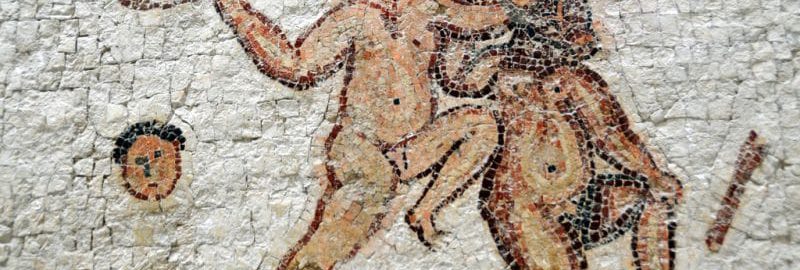In ancient Rome, the father of the family (pater familias) was a person with exceptional social rights. Among other things, he had the right to decide even about the lives of other family members.
It is natural that in practice it was not decided to die a son or daughter for a trivial reason. What’s more, the father could always count on his private council of advisers, with whom he consulted all decisions. Her immediate family members and friends belonged to her.
There were cases, however, when Roman law clearly stated what a father should do, when his son betrayed “reason of state” or escaped from military service. An example of such a situation is the story of Aulus Fulvius from 63 BCE who convicted his son for joining the plot of Catiline. He learned of his father’s decision when he was on his way home Catiline. They mention this story: Cassius Dio, Salustius and Valerius Maximus. The young man was beheaded for his misconduct in accordance with Roman law.







